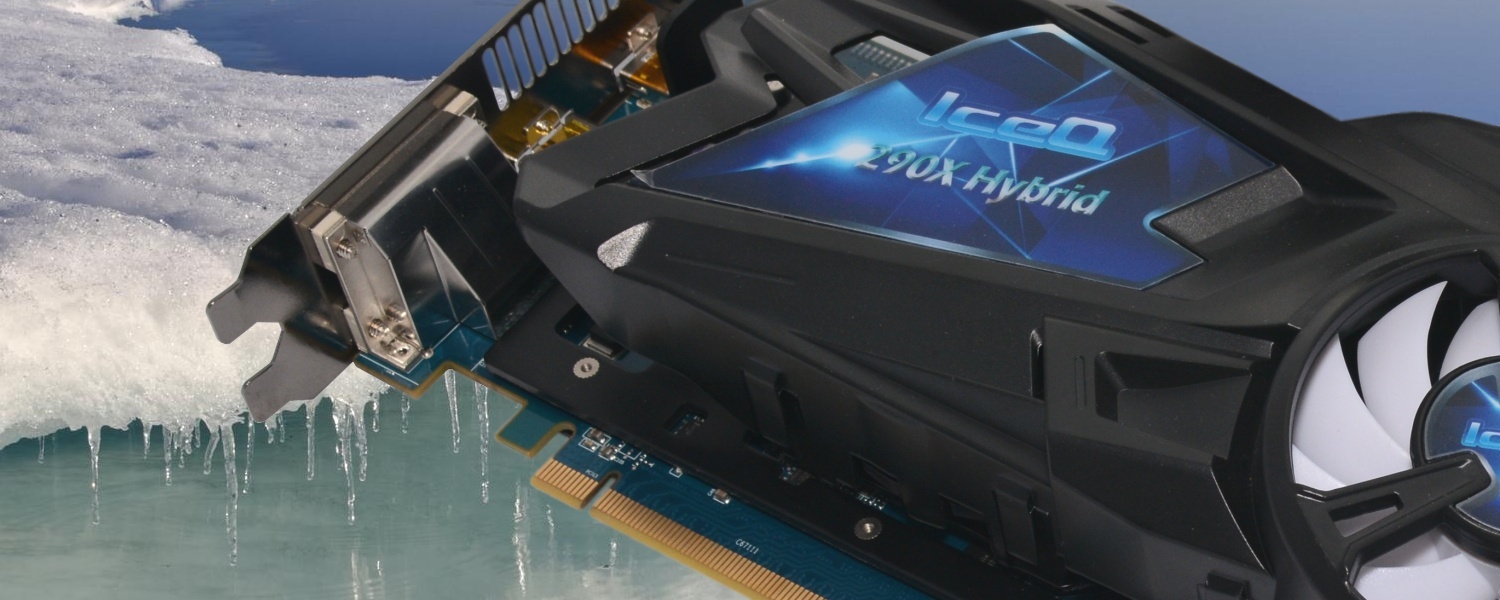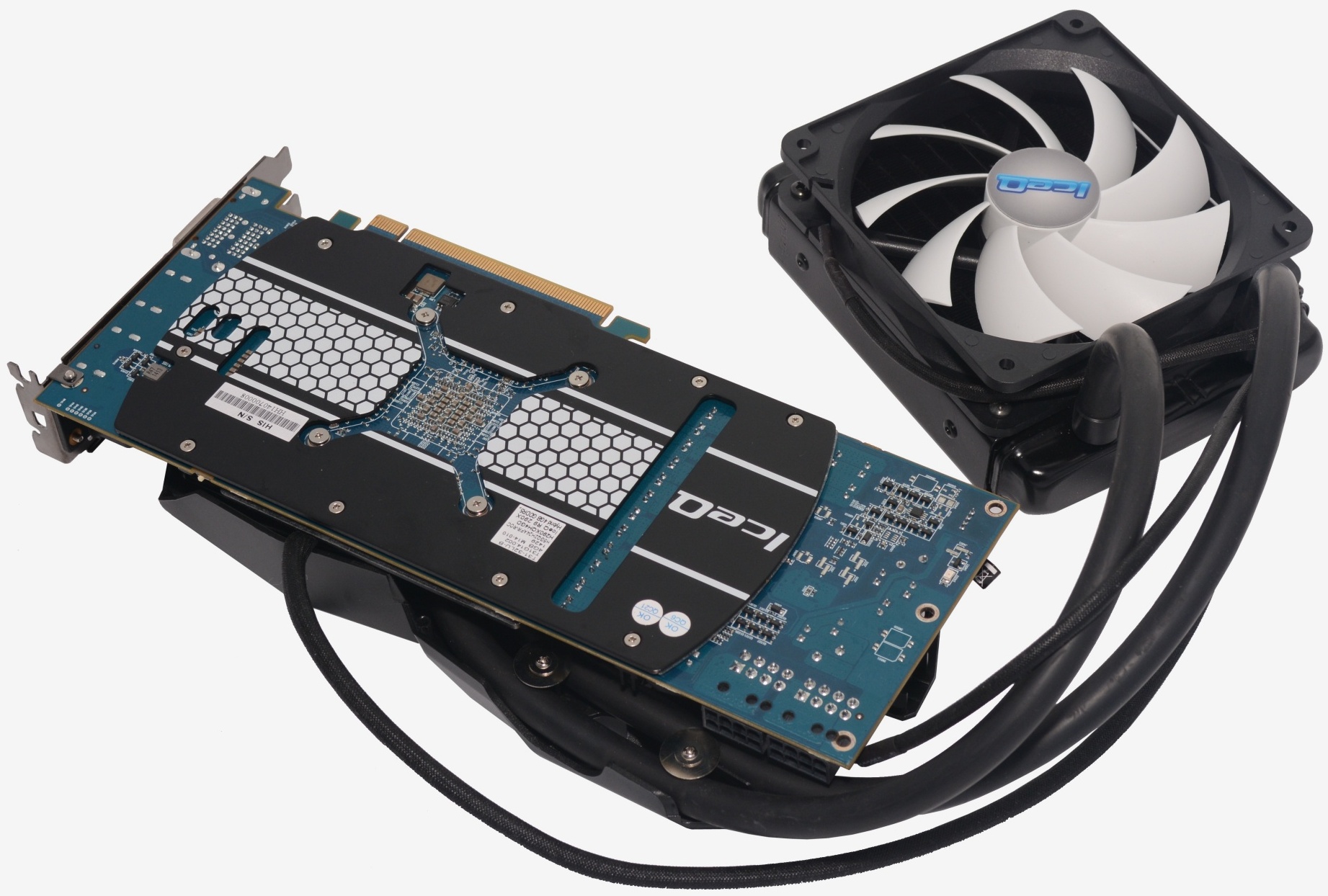Impressive Results, Steep Premium
The invention of the HIS R9 290X Hybrid IceQ was likely inspired by AMD's reference design for the R9 295X2, which featured a similar closed-loop liquid cooling system. The results are just as impressive, ending up with a high-end Radeon that overclocks well and stays relatively cool while generating almost no noise.
The R9 290X has always been a strong contender and this HIS version is the best we've seen. The ability to provide on average 12% more performance than a standard R9 290X without breaking a sweat is key here.
At $710, the R9 290X Hybrid IceQ is admittedly pricey, especially when quality air-cooled versions can be had for as little as $480. Paying almost 50% more for this liquid-cooled model won't be easy to justify.
Worse still, with the recent arrival of the GTX 980 and GTX 970, even convincing gamers to dump $370 on a plain R9 290X has become a challenge, largely because the GTX 970 costs less and delivers similar performance.
But it's not all bad news for the HIS R9 290X Hybrid IceQ, as its solid overclocking abilities placed it only 4% behind the GTX 980, namely Gigabyte's factory overclocked G1 Gaming GTX 980.
Still, pricing is the pressing issue and with the G1 Gaming GTX 980 selling for $630, it works out to be 13% cheaper, uses 30% less power and has proven to be a legendary overclocker in its own right.
Unfortunately, the release of the R9 290X Hybrid IceQ has been poorly timed by HIS. Had the company been able to launch a few months ahead of the high-end Maxwell GPUs, we would have been all over this card.
Back then the overclocked R9 290X would have been competing with the now discontinued GTX 780 Ti, which is the GPU the R9 290X Hybrid IceQ was clearly intended to battle. Both cards would have sold for around $700, but the R9 290X Hybrid IceQ would have been faster and quieter.
In the end, the R9 290X Hybrid IceQ has been outclassed by Nvidia's latest GPUs, but if you are in the market for an R9 290X that can be overclocked to the max and still not succumb to throttling, then HIS' creation will fit the bill. That said HIS seriously needs to reconsider its pricing – at $700 we can't see more than a handful selling.
score
Pros: The card's liquid cooler lets it offer 12% more performance than a standard R9 290X via overclocking while maintaining comfortable temps.
Cons: It costs more than twice that of a standard R9 290X while the new Maxwell-based GTX 980 is faster, cheaper and consumes less power.

